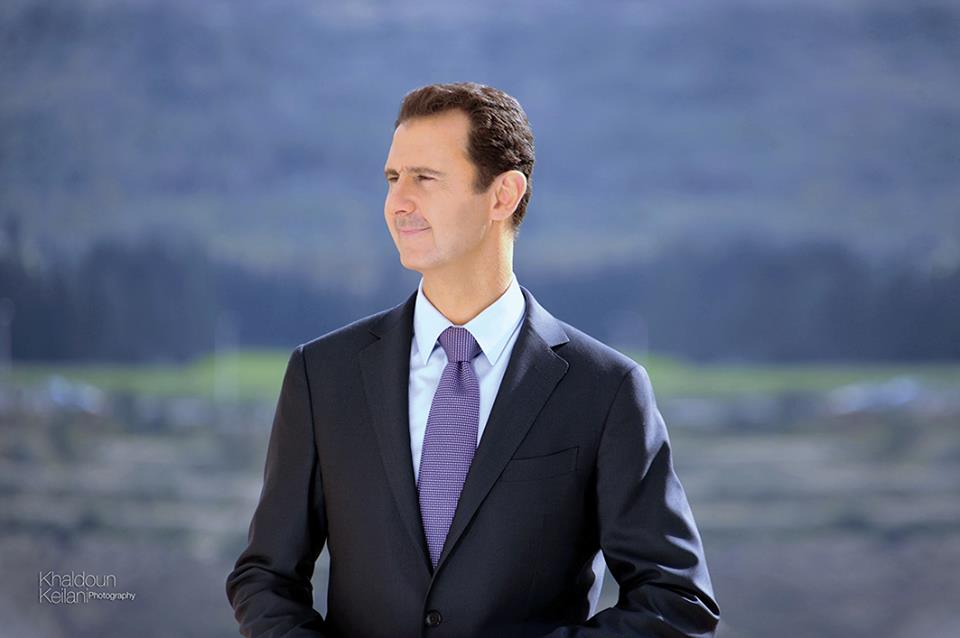Law no. 5 for 2016 on public-private partnership was issued by H.E. President Bashar Al-Assad.
The law defines public-private partnership as a an agreed-upon timed contractual relation between a public sector body (which is defined as any state establishment ranging from ministries to local administration units) and a partner from the private sector per which the private sector partner invests in one or more of the following: designing or constructing or building or executing or maintaining or rehabilitating or developing or managing or operating a public utility or a project for the public sector body for the purpose of providing a public service or any service for public interest to the body or directly to the beneficiary on the body’s behalf.
The law defines a private partner as any local or foreign legal personality or group of legal personalities, and stipulates that a Syrian company be formed when necessary to carry out a contract, according to SANA.
The law stipulates for forming the Public-Private Partnership Council to regulate partnership contracts between the public and private sector. The Council is chaired by the Prime Minister and its members include the Deputy Prime Ministers for Services Affairs and Economic Affairs, and the Ministers of Economy and Foreign Trade, Finance, and Presidential Affairs, among others.
The Council is charged with approving the projects that can be covered by this law, rarifying studies, bids, contracts, and policies, as well as approving subsidies, rights, and prerogatives for projects, and supervising the execution of projects.
The law also specifies the conditions for presenting a bid or applying for a public-private partnership project contract, how such contracts are drafted, the ownership of properties related to projects, and all the details pertaining to the relation between the partners in them.
In a statement to SANA, Economy and Foreign Trade Minister Humam al-Jazaeri said the law is a legal framework for regulating relations between the public and private sectors and meets the growing economic and social needs in Syria, particularly in the field of reconstruction, rehabilitation, development, and expansion of infrastructure and vital projects.
Al-Jazaeri said the law provides the private sector with the opportunity to contribute to economic development as a main and active partner, and also helps develop the public sector via the time-limited contractual relations with the private sector, adding that this law achieves an important thing for economic and social development which is increasing the funding provided by the private sector to complement the state’s investments.
He also said the law will help improve services by benefiting from the private sectors’ capabilities in the fields of employment, maintenance, marketing, and capability-building, in addition to reducing costs, completing projects faster, and providing new job opportunities.

